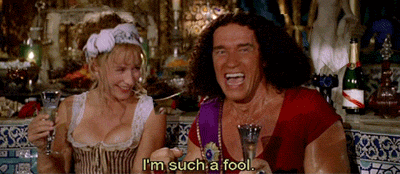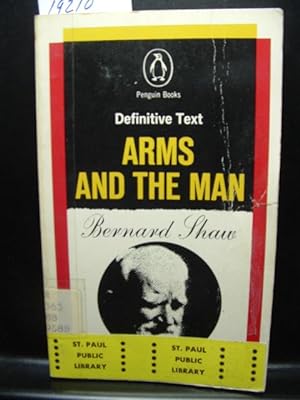Richard I, Coeur de Lion (1157-1999) Born: Beaumont Palace, Beaumont Street, Oxford, Oxfordshire, England. Buried: Fontevraud Abbey, near Chinon, Anjou, France. Chateau Gaillard, Les Andeleys, Normandie, France. Trifels Castle, Annweiler am Trifels, Rhineland-Palatinate, Germany.
Mazo de la Roche (1879-1961) Jalna (1927) Born: (Plaque Water Street on Fairy Lake), Newmarket, Ontario, Canada. Buried: St George's Anglican Church, Sibbald Point, Sutton, Ontario, Canada.
Charlotte Bronte (1816-1855) Jane Eyre (1847) Born: 74 High Street, Thornton, Yorkshire, England. (currently a tea shop) Buried: St Michael and All Angels' Church, Haworth, Yorkshire, England. Bronte Parsonage Museum, Church Street, Haworth, Yorkshire, England. Sir John Soane's Museum, Lincoln's Inn Fields, (Holborn?), London, England.
This was a picture of a pretty girl, but somehow during the course of writing this post it got changed to this.
Romain Rolland (1866-1944) Jean-Christophe (1904-12) Born: Musee d'Art et d'Histoire Romain Rolland, Avenue de la Republique, Clamecy, Burgundy, France. Buried: Cimitiere de Breves, Breves, Burgundy, France. Musee Zervos--Maison Romain Rolland, 14 Rue St Etienne, Vezelay, Burgundy, France. Romain Rolland Library, Main City, Pondicherry, India. Rhine River Boat. College: Ecole Normale Superieure (Paris).
Pelham Grenville Wodehouse (1881-1975) The Inimitable Jeeves (orig. published as Jeeves) (1923) Born: 7 Vale Place, 50 Epsom Road, Guildford, Surrey, England. Buried: Remsenburg Cemetery, Remsenburg, Southampton, Suffolk, New York.
Stephen Vincent Benet (1898-1943) John Brown's Body (1927) Born: Ostrom and Bishopthorpe Streets, Fountain Hill, Bethlehem, Pennsylvania. Buried: Evergreen Cemetery, Stonington, Connecticut. Stephen Vincent Benet House, 2500 Walton Way, Augusta State University, Augusta, Georgia. College: Yale
John Brown (1800-1859) Born: John Brown Road, Torrington, Connecticut. Buried: John Brown Farm State Historic Site, 115 John Brown Road, North Elba, Lake Placid, Essex, New York. John Brown Museum, Main and 10th Streets, Osawatomie, Kansas. John Brown Wax Museum, 168 High Street, Harpers Ferry, West Virginia.
Joseph (biblical figure) Born: Canaan, Israel. Buried: Joseph's Tomb, near Nablus, Israel (West Bank).
Potiphar's Wife:
William De Morgan (1839-1917) Joseph Vance (1906) Born: Gower Street, Bloomsbury, London, England. Buried: Brookwood Cemetery, Brookwood, Surrey, England. Birmingham Museum and Art Gallery, Chamberlain Square, Birmingham, Warwickshire, England. College: Royal Academy of Arts (London)
The De Morgan Centre, a museum housing a collection of De Morgan's ceramic work (his primary career before taking up novel writing at the age of 65) in Wandsworth, London, unfortunately closed in 2014. The collection is still seeking a permanent home at the present time.
Thomas Hardy (1840-1928) The Return of the Native (1878), Tess of the D'Urbervilles (1891), Jude the Obscure (1894) Born: Hardy's Cottage, Higher Bockhampton, Dorset, England. Buried: Westminster Abbey, Westminster, London, England (*****9-3-96*****). Heart in St Michael's Churchyard, Stinsford, Dorset, England. Dorset County Museum, West High Street, Dorchester, Dorset, England. Max Gate, Alington Avenue, Dorchester, Dorset, England. College: Kings (London)
Upton Sinclair (1878-1968) The Jungle (1906) Born: Baltimore, Maryland. Buried: Rock Creek Cemetery, Washington, D.C. College: CCNY.
Sean O'Casey (1880-1964) Juno and the Paycock (1924) Born: 85 Upper Dorset Street, Dublin, Ireland. Buried: Golders Green Crematorium, Golders Green, London, England. Sean O'Casey Bridge, Dublin, Ireland. Sean O'Casey Theatre, St Mary's Road, East Wall, Dublin, Ireland.
Marc Blitzstein (1905-1964) Born: 419 Pine Street, Philadelphia, Pennsylvania. Buried: Chelten Hills Cemetery, Philadelphia, Pennsylvania. National Theatre, South Bank, Waterloo, London, England. College: Curtis Institute of Music.
According to his Wikipedia page, Blitzstein was an "unrepentant artistic snob, who firmly believed that true art was only for the intellectual elite." Having consumed a substantial part of my life in various attempts at becoming a cultivated person without any noticeable success, I suspect that this way of understanding the matter is probably correct.
James Branch Cabell (1879-1958) Jurgen (1919) Born: 101 East Franklin Street (Now Home of Richmond City Library), Richmond, Virginia. Buried: Hollywood Cemetery, Richmond, Virginia. James Branch Cabell Library, 901 Park Avenue, Richmond, Virginia. College: William & Mary.
Sully Prudhomme (1839-1907) Justice (1878) Born: 34 Rue du Faubourg Poissoniere, 10eme, Paris, France. Buried: Cimitiere du Pere Lachaise, 20eme, Paris, Ile, France.
Elizabeth I of England (1533-1603) Born: Greenwich Palace (now Royal Naval College), Greenwich, London, England. Buried: Westminster Abbey, Westminster, London, England.
Robert Dudley, Earl of Leicester (1532-1588) Born: London, England. Buried: Collegiate Church of St Mary, Warwick, Warwickshire, England. Kenilworth Castle, Kenilworth, Warwickshire, England.
Amy Robsart (1532-1560) Born: Stanfield Hall, near Wymondham, Norfolk, England. Buried: St Mary's Church, Oxford, Oxfordshire, England.
John Ruskin (1819-1900) The King of the Golden River (1851) Born: 54 Hunter Street, Holborn, London, England. Buried: St Andrew's Church, Coniston, Cumbria, England. Ruskin Museum, Lake District National Park, Coniston, Cumbria, England. Ruskin Library, University of Lancaster, Lancaster, Lancashire, England. Brantwood, Coniston, Cumbria, England. College: Christ Church (Oxford).
Edna St Vincent Millay (1892-1950) The King's Henchman (1927) Born: 198-200 Broadway, Rockland, Maine. Buried: Millay Colony For the Arts, Austerlitz, Columbia, New York. Edna St Vincent Millay Society, 440 East Hill Road, Austerlitz, Columbia, New York. College: Vassar.
Deems Taylor (1885-1966) Born: 152 West 17th Street, New York, New York. Buried: Kensico Cemetery, Valhalla, Westchester, New York. College: New York University.
H Rider Haggard (1856-1925) King Solomon's Mines (1886) Born: Wood Farm, West Bradenham, Norfolk, England. Buried: St Mary Churchyard, Ditchingham, Norfolk, England.
King Solomon (1010-931 B.C.) Born: Jerusalem, Israel.
Sigrid Undset (1882-1949) Kristin Lavransdatter (The Bridal Wreath, 1922, The Mistress of Husaby. 1923, The Cross, 1927) Born: Market Square, Kalundborg, Denmark. Buried: Kirke, Mesnali, Norway. Sigrid Undsets Hjem Bjerkebaek, Sigrid Undsets veg 16, Lillehammer, Norway.
I love Scandinavian tourist attractions.
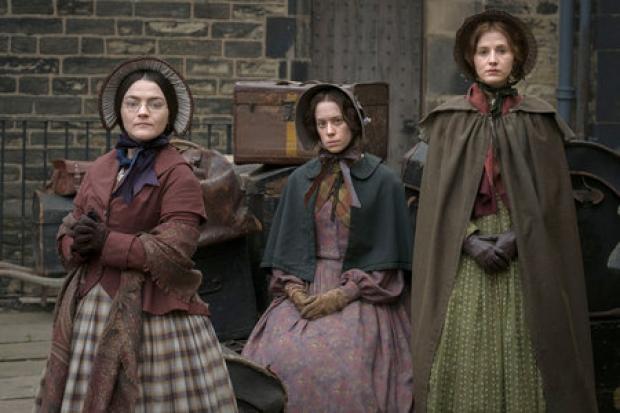


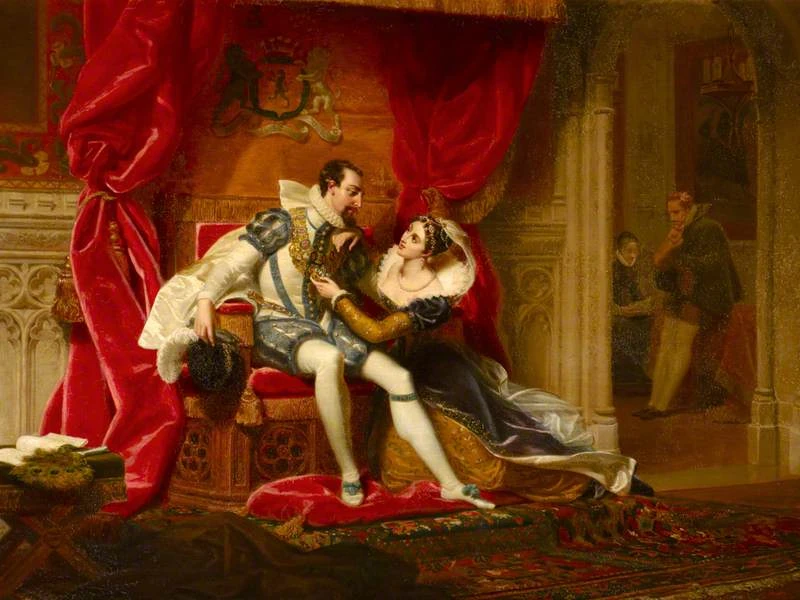

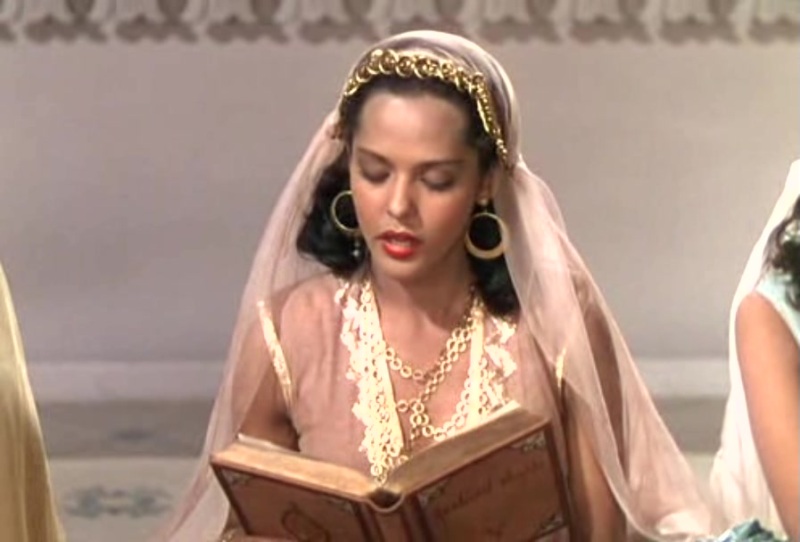
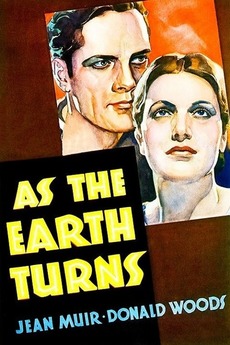






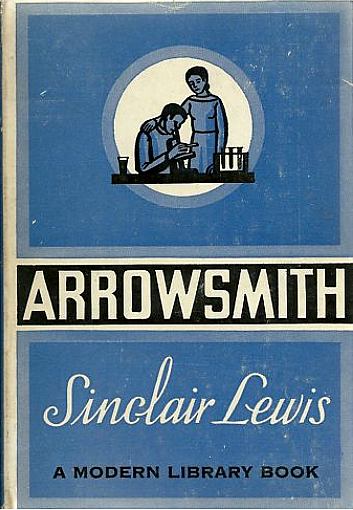



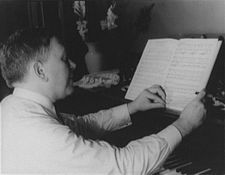



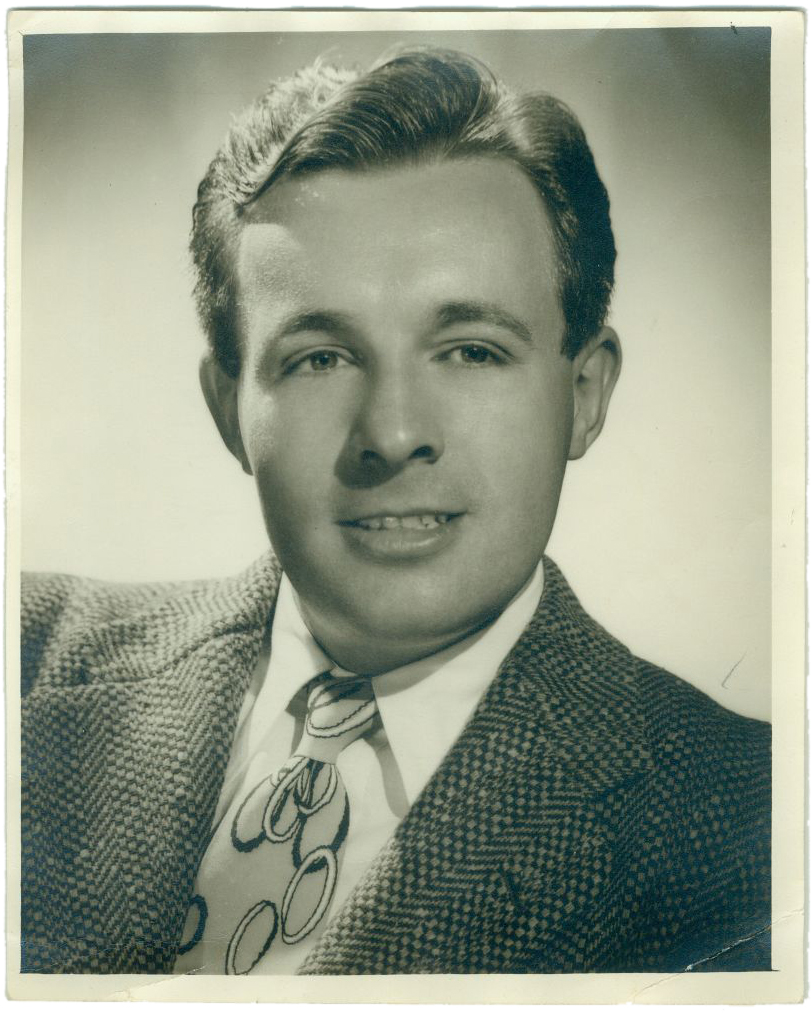

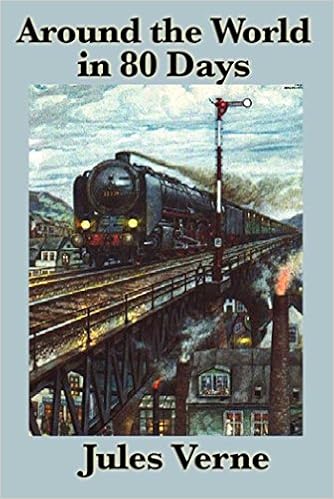
.jpg)

